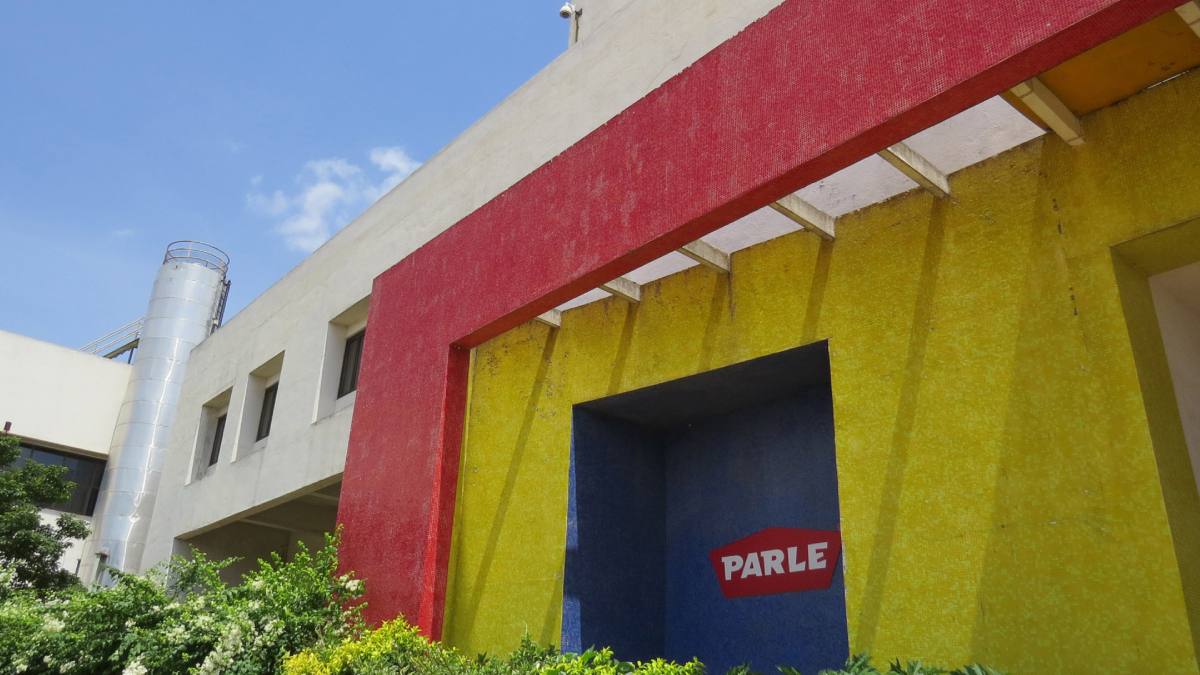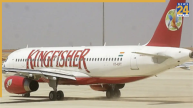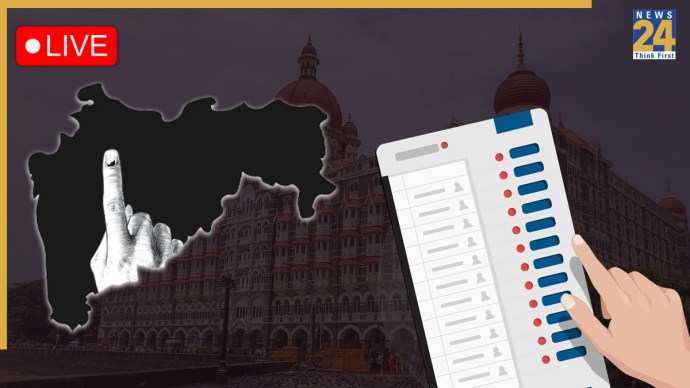Many people get confused by the name ‘Vile Parle’ assuming it was given by the English, but that’s not the case. There are several reasons behind the name “Vile Parle”. Hundreds of years ago, this area had many small settlements and huts. It is said that “Vile” means a village and ‘Parle’ is derived from Portuguese. In this way, the area got the name ‘Vile Parle’. Additionally, it is also associated with the country’s number-one biscuit brand.
The name is associated with a company generating revenue of 17 thousand crores.
In 1929, Mohanlal Dayal initiated the production of biscuits in an old closed factory in Mumbai. The company named its biscuits after the area, establishing a special connection between Parle G, the country’s highest-selling biscuit, and Mumbai.
The factory where Mohanlal Dayal started, initially, only 12 family members were working. Mohanlal Dayal, the owner of the biscuit company, was so busy with his work that he couldn’t even decide on the name of the company. People started referring to India’s first confectionery brand by the name of the place where it was selling. This way, Parle soon became famous among people.
Biscuit Business Challenges Post-Independence
After independence, Parle faced difficulties in the biscuit business. Due to partition, there was suddenly a shortage of wheat in the country. This forced them to stop production of its Gluco biscuits. To overcome the crisis, it started making biscuits with barley. They appealed to people to use barley biscuits until the wheat supply returned to normal. With special attention to branding, Parle adopted the image of a little girl as its brand face, which people named the Parle-Girl. With taglines like ‘Ji Maane Ji, Hindustan ki Taakat, Roko Mat, Toko Mat’, through advertisements made its presence felt across the country and the world.
Diversified Product Strategy Boosts Parle
It maintained a low-profit margin for its main product. It produced on a large scale and earned minimal profit, ensuring affordable biscuits for consumers. This strategy greatly benefited them in business competition. Besides its main product, It introduced biscuits like Crack Jack, 20-20, Mango Bite, and candies like Parle Melody in the market, keeping their prices competitive. Rather than increasing the price of Parle-G biscuits, they tried to combat inflation by reducing the weight of the packets.
Global Biscuit Empire
This brand now operates over 130 factories across the country, serves more than 50 lakh retail stores, sells over 100 crore packets of biscuits every month, and commands a vast empire in sales across more than 21 countries. The company has surpassed a profit of ₹17,223 crore. Emerging from Vile Parle, the company’s valuation now stands at ₹62,600 crore.
Also Read: Italian Prosecutors Expose Dior’s Exploitative Practices In High-End Handbag Production













